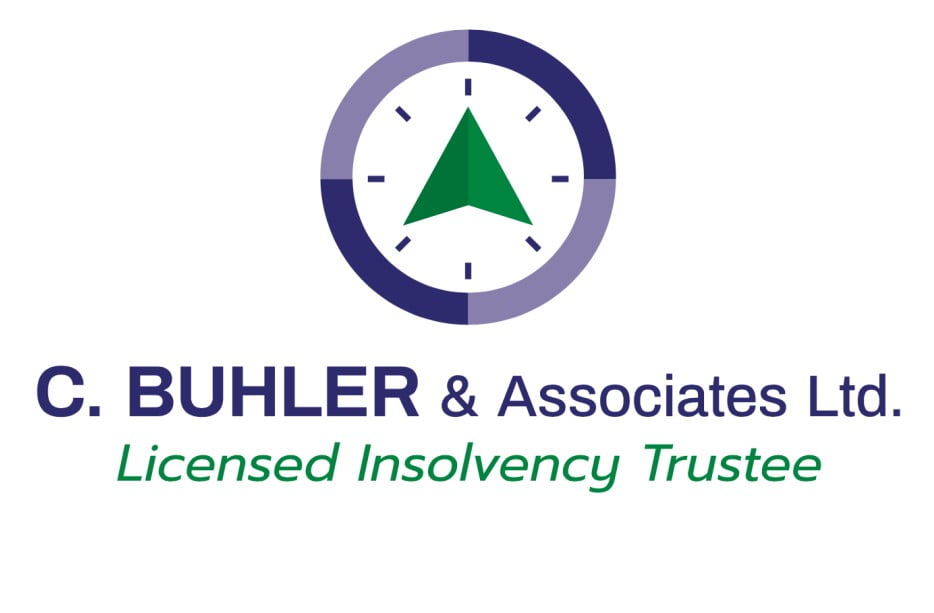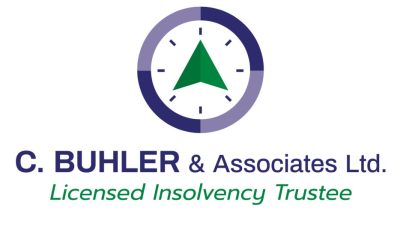When you’re overwhelmed by debt, any hand that reaches out to help can seem like a relief. You might get a phone call from a company offering to reduce your debt, stop collection calls, and help you take control of your finances—all for a manageable fee.
The temptation to take that offer is completely understandable—when you feel like you can’t climb out of debt, it’s natural to want help. The sad reality, however, is that many of these calls are coming from unlicensed, unregulated, unsophisticated people offering debt relief —people who prey on Canadians who are undergoing financial struggles—just to make a quick dollar for themselves.
Overview of Debt Relief Scams in Winnipeg
Debt can be a stressful, terrifying thing. Criminals, scammers, and predatory lenders take advantage of these negative emotions to prey on people who are confronted with overwhelming debt.
Those promising debt relief may advertise over the phone, through the mail, on billboards, or over the internet. They target vulnerable people in order to make money from their pain—it’s as simple and cruel as that.
Legitimate debt relief services will not charge money for consultations. Licensed professionals like licensed insolvency trustees have fees associated with some services but they will explain those fees to you upfront and ensure that you are on a payment plan that allows you to pay those fees while reducing your debt.
Upfront Fees: Red Flags and Reasonable Charges
The first sign that the “debt relief” company you’re looking into is actually a debt relief scam is upfront fees. People only in it for their own gain will try to charge you all kinds of different fees, including referral fees, administrative fees, and upfront fees before you can meet with them. All of these fees are signs that the company is running a scam.
Debt relief scammers will also make unrealistic promises. They may tell you that they can get you a better deal if you pay them upfront or tell you to stop making payments so they can negotiate with your creditors. In reality, the only people who can negotiate with creditors on your behalf are licensed insolvency trustees (LITs)—and they generally don’t charge you upfront fees. A common part of a debt relief scam is a promise to improve your credit rating, but realistically, the only way to improve your credit rating is to pay your debts on time, in full, and then re-use your credit, to show a positive payment pattern.
Another sign that you’re dealing with an unscrupulous company is a promise to negotiate debt with the Canada Revenue Agency (CRA). CRA almost never agrees to informal payment plans from credit counselling services or debt relief companies, however they do regularly interact with Licensed Insolvency Trustees, and will consider an offer put forward by a trustee, such as a Consumer Proposal..
These companies may call themselves debt settlement companies, credit counsellors, or debt consultants. They may promise to stop collection calls through the debt relief options they offer, but those promises are generally unrealistic. Remember: If they’re charging upfront fees or other suspicious fees or making unrealistic promises, they’re probably running a debt relief scam.
How Scammers Target Vulnerable Individuals
Unlicensed debt advisory firms target vulnerable individuals by promising debt relief. They may offer to negotiate debts on your behalf, improve your credit score, or promise other forms of debt relief.
Unfortunately, the debt relief programs offered by these companies are ineffective and creditors are not bound to participate in the debt consolidation and negotiation process that these companies offer.
When looking at a debt settlement company or a debt consultant, watch out for these signs that the company may be running a scam:
- They ask for up front payments.
- They use high-pressure sales tactics.
- They make unrealistic promises.
- They delay payments to your creditors to help negotiate a deal.
- They charge you high fees.
Debt settlement companies will often try to obtain power of attorney to deal with your creditors directly; this gives them a significant degree of control over your finances. Be very wary of whom you trust to deal with creditors on your behalf – only a lcensed insolvency trustee is regulated and educated to protect you, and provide you proper financial advice.
Steps To Identify Legitimate Debt Relief Services
There are a few simple steps you can take to identify legitimate debt relief companies and services:
- Check if the person you are working with is a licensed insolvency trustee (LIT). LITs are federally regulated professionals and the only people in Canada who are legally allowed to file consumer proposals or help you file for bankruptcy.
- Check reviews online. You’ll find a lot of information through Better Business Bureau, Google Reviews, and other sources.
- Don’t make any payments upfront – any plan you choose to file should be started prior to your first payment. Remember – you never have to pay for a referral to an LIT.
Your best option for credit counselling is to work with a licensed insolvency trustee. Be very careful about any debt relief or debt settlement services, even the ones that state they are ‘not-for-profit’. If they don’t have LITs on staff; they may not have your best interests in mind.
Reporting and Protecting Yourself Against Scams
By reading this article, you’ve already taken the most important step in protecting yourself against debt relief scams—staying informed. By knowing the signs of a debt relief scam, you can keep yourself safe.
Don’t grant power of attorney to anyone offering debt settlement services unless you’re absolutely certain they can be trusted. A licensed insolvency trustee, for example, is federally regulated, and will not require a power of attorney to deal with creditors on your behalf.
One unfortunate manipulation tactic that scammers will use is shame—when you’ve contacted a fly-by-night debt settlement agency, they may try to persuade you to stay with them using high-pressure tactics. Ignore them. Talk to friends or family members about the company you’re working with and, if necessary, contact the police—especially if you’ve lost money.
Conclusion
You can create a debt management plan, eliminate debt, and take control of your finances—without unnecessary fees and unrealistic promises.
A licensed insolvency trustee can help you get out of debt. Through the Bankruptcy and Insolvency Act, they are granted the ability to create a consumer proposal, or help you file for bankruptcy. Some licensed insolvency trustees also offer free credit counselling services.
By working with a licensed insolvency trustee you don’t have to worry about debt relief scams. Contact us today.





